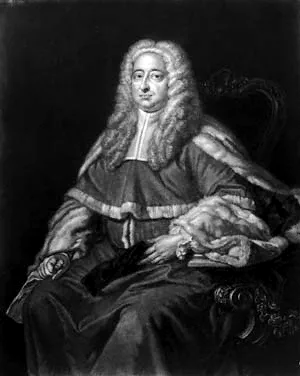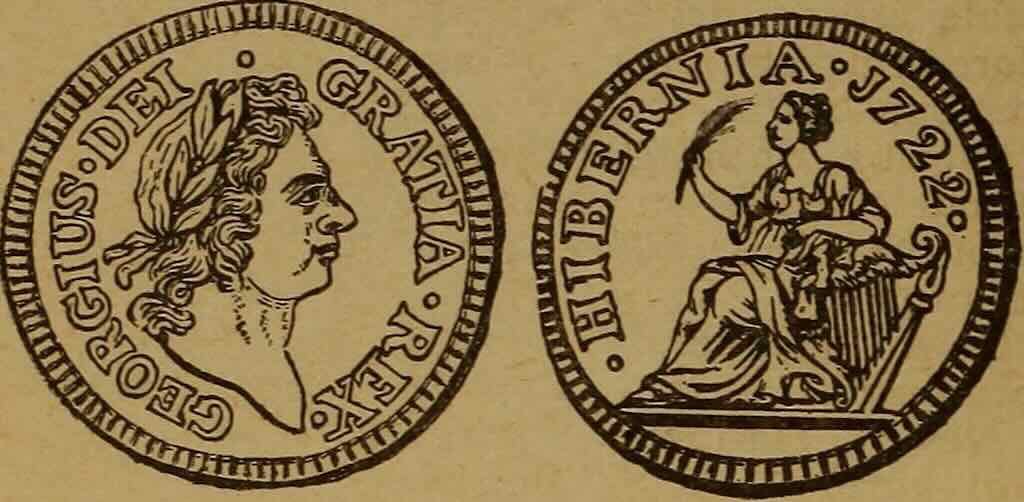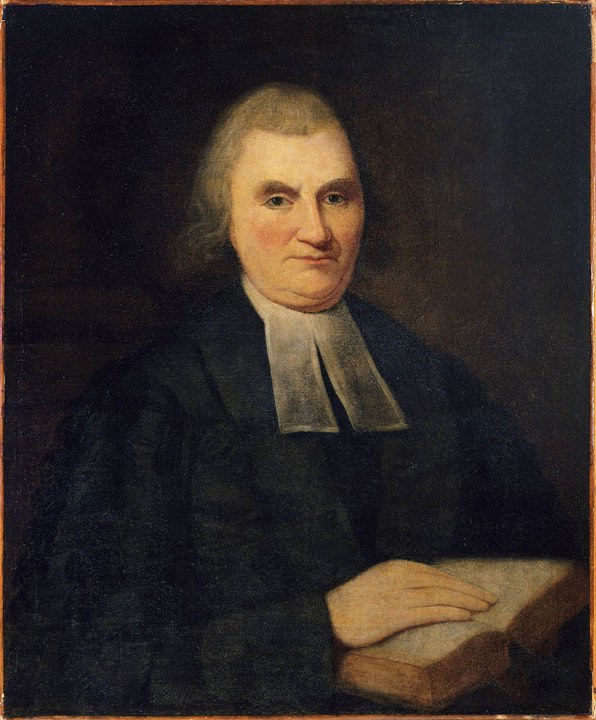- August 5, 1722
William Fortescue, born in 1722, was a British politician and sportsman known for his attempts in the 1760s to introduce a controversial bill aimed at preserving partridges and hares, and for proposing to drastically reduce the number of dogs in the nation. Although his efforts were unsuccessful, they highlight the tensions between landowners, game preservation, and the rights of common people during that period.
Early Life and Background
- Birth and Family: William Fortescue was born into an influential family in England in 1722. The Fortescues were a prominent family with a long history in British politics and law. William Fortescue himself became involved in politics, following the tradition of public service established by his ancestors.
- Education and Career: Fortescue received a typical education for someone of his social standing, likely attending a prestigious school before entering public life. He was known for his interest in both politics and sports, particularly hunting, which was a popular pastime among the British gentry.
Political Career and the Controversial Bill
- Parliamentary Career: William Fortescue served as a Member of Parliament (MP) during the mid-18th century, a time when issues related to land, agriculture, and game laws were of significant concern to the British gentry. These laws were often designed to protect the interests of landowners, particularly in relation to the preservation of game animals for hunting.
- The Game Bill Proposal: In the 1760s, Fortescue proposed a bill that sought to preserve partridges and hares, which were considered valuable game for hunting. The bill aimed to protect these animals from being overhunted by reducing the population of dogs, particularly those owned by people who were not landowners. Fortescue’s proposal included a drastic measure to “take away the lives of above half the dogs in the nation.”
- Rationale and Opposition: The rationale behind the bill was to prevent common people, particularly poachers, from hunting game animals, which were seen as the preserve of the landed gentry. The proposal was highly controversial, as it was perceived as an attempt to curtail the rights of ordinary people and to favor the interests of wealthy landowners. It faced significant opposition in Parliament and from the public, leading to its failure to pass.
Legacy
- Impact on Game Laws: Although Fortescue’s bill was unsuccessful, it reflected the ongoing debates and conflicts over game laws in Britain. These laws were a source of tension between landowners, who sought to protect their hunting privileges, and the broader population, who often relied on hunting for sustenance or supplemental income.
- Sporting Legacy: Fortescue’s interest in sports, particularly hunting, was typical of the British gentry of his time. While his legislative efforts were unsuccessful, they are a testament to the significance of hunting and game preservation in the social and political life of 18th-century Britain.
- Historical Curiosity: Fortescue’s proposal to reduce the number of dogs in the nation has become a historical curiosity, often cited as an example of the extreme measures some landowners were willing to take to protect their interests. It also illustrates the broader social conflicts of the period, particularly those related to land use and the rights of common people.
William Fortescue’s life and career reflect the complexities of 18th-century British society, where the interests of the gentry often clashed with those of the broader population. His failed attempt to introduce a game preservation bill is a reminder of the historical struggles over land, resources, and rights that have shaped British history.

 ← William Wood is Granted Patent
← William Wood is Granted Patent
 Rev. John Witherspoon, President of Princeton College, signatory to the US Declaration of Independence, baptized →
Rev. John Witherspoon, President of Princeton College, signatory to the US Declaration of Independence, baptized →